13 Mar 2021 - {{hitsCtrl.values.hits}}
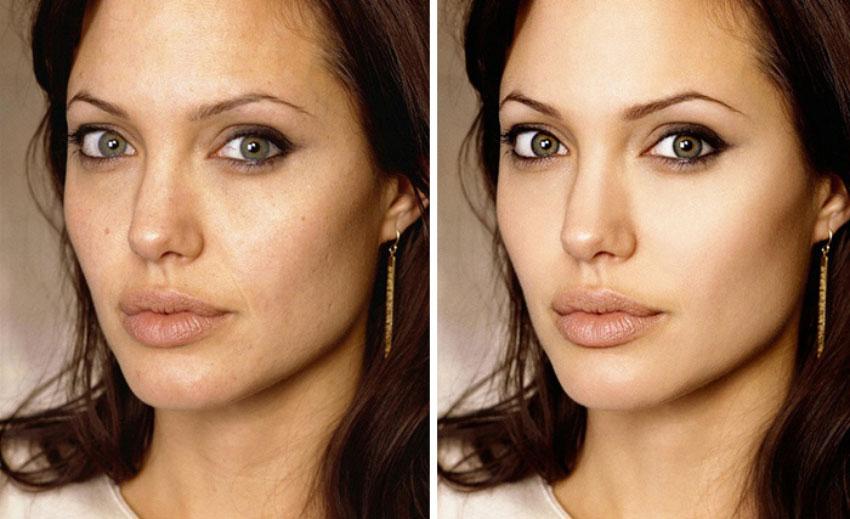
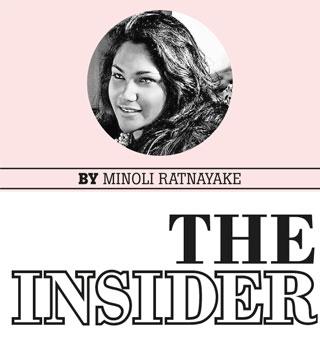 Maybe it’s all the time I’ve spent at home, spending time on Instagram, watching T.V. shows and movies and feeling more than a bit put-off by the preternaturally plumped cheek, plastic-sheen skin breed of women who are out there, on-screen, admittedly mostly in Hollywood and Bollywood productions.
Maybe it’s all the time I’ve spent at home, spending time on Instagram, watching T.V. shows and movies and feeling more than a bit put-off by the preternaturally plumped cheek, plastic-sheen skin breed of women who are out there, on-screen, admittedly mostly in Hollywood and Bollywood productions.
Watching these celebrities was a stark reminder that stretched and puffy is as creepy looking as I thought when it first began to emerge. This is not to say that we don’t see it here as well, albeit a little less, it’s still pretty obvious if you look at pre-covid society event pictures, beautifully glamourous from the neck down but oddly stretched and puffed out from the neck up. Pillow lips, hamster cheeks and ice rink foreheads, it’s frightening.
I look at famous people many of whom have been in our collective radar for years, and they seem to be gradually fading into the background, the facial intricacies that made them unique and interesting replaced by a smoothed out, less characterful, homogenous, but
|
Courtney Cox
|
still beautiful people. They look great, but they don’t look like them, they don’t look real, they look like they’re all morphing into the same person and its worrying. Seriously, the next time you’re chilling at home and flicking through Netflix try to find some stars over forty years old, who haven’t had some form of tweakment! It’s harder than it sounds, which is odd when you consider that there’s not much positive conversation surrounding actresses and models who have stretched (no pun intended) the boundaries with filler and surgery. And how much positive press the more natural, ageing gracefully stars like Drew Barrymore, Halle Berry, Sigourney Weaver, Angela Basset and Julianne Moore receive. Who knows if they’ve had work or not, but if they have, they’ve chosen to keep it more real.
Unilever earlier this week sent out a global statement expressly saying that they will drop the word "normal" from their beauty products and ban excessive editing of models' photos in a push for inclusivity. Unilever said the editing ban would apply to "body shape, size, proportion and skin color" and "normal" would be removed from two hundred products. They want to create a "more inclusive definition of beauty.”
The firm has previously faced allegations that it promoted stereotypes around dark skin tones. The ban on editing will include photos taken of models as well as social media influencers. On the change to its marketing strategy, the firm's President of Beauty and Personal Care Products, Sunny Jain, said: "We know that removing 'normal' from our products and packaging will not fix the problem alone, but it is an important step forward.”
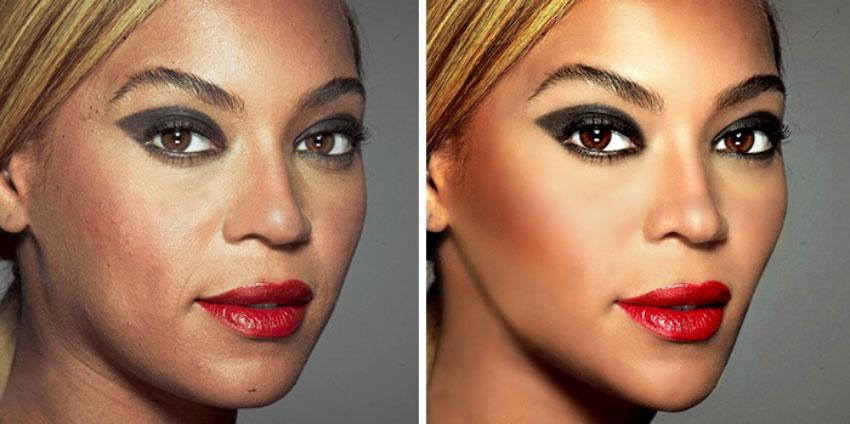
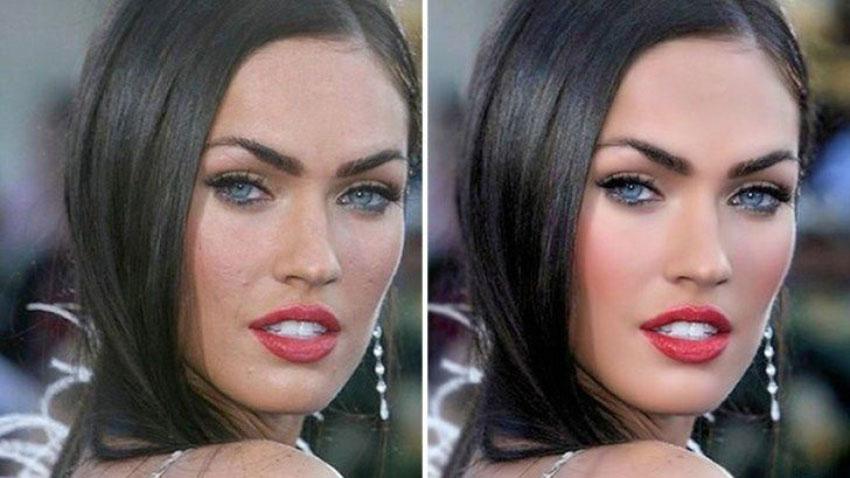
It is an important step forward, especially for younger, impressionable audiences. In our increasingly digital lives, filters are fast replacing make-up and airbrushing is rife! Those who spend any time on Instagram will see the unrealistic, filtered, and airbrushed to perfection, images of celebrities and influencers that we try and emulate. Are we that filled with self-loathing that we can’t bear to see what we really look like, is it the pressure to be perfect that drives us or is it our self-esteem in rapid decline? Don’t get me wrong I’m not above the fray and have shared many edited versions of myself on social media platforms, but I’m rethinking and rebooting.
You’re probably thinking what’s the harm in adding those long lashes or pixie eyes or a skin-flattering light, but for some that leads to more invasive territory: carving out cheekbones, accentuating jawlines, reshaping thighs, arms and breasts and smoothing out skin until it appears poreless, and doll-like. In our pandemic reality we’ve never spent so much time online, looking at ourselves be it on Zoom calls, WhatsApp video chats or Tik Tok. Our phones have become a mirror that we always have handy and with that comes a worrying rise in aesthetic dissatisfaction. When our online filtered selves aren’t enough anymore, then we try to translate that into real life and the dissatisfaction goes on.
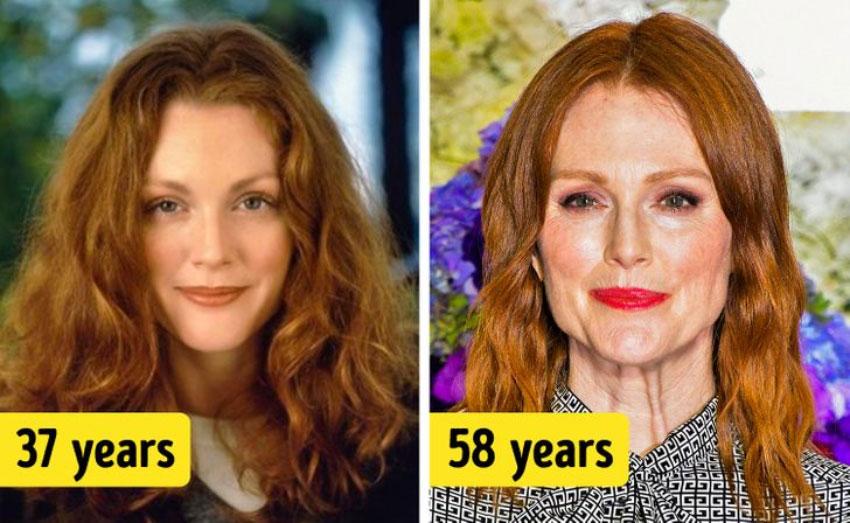
Am I denouncing cosmetic intervention, no I’m not, I’m also not throwing out the notion of make-up to enhance your natural appearance, ccelebratee your inherent beauty, and express your individual self, but not to alter it. But I am against filters and this really resonated with me.
“The problem with filters lies in their homogeneity: the fact that you're using them in order to look like someone else, or to meet someone else's beauty standards. Sure, the same can be said about cosmetics, but the true joy of make-up involves enhancing what you have; wear a full face, a barely there look or a creative statement, but wear it for you, not for others, and certainly not for the internet,” Roberta Schroeder.
Hair-brushed, yes. Airbrushed, a hard pass.
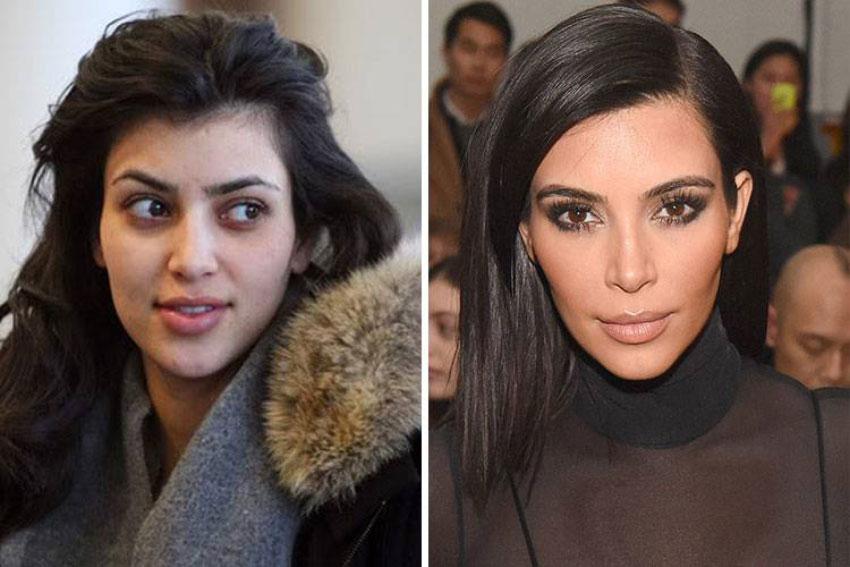
09 Jan 2025 27 minute ago
09 Jan 2025 1 hours ago
09 Jan 2025 1 hours ago
09 Jan 2025 2 hours ago
09 Jan 2025 2 hours ago